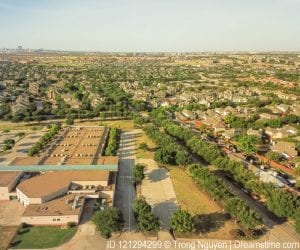This is the second in a 2-part blog series on service-learning. The first post explains the difference between service-learning and volunteering.
Well-planned service-learning projects foster community engagement and help students develop a variety of civic skills. By focusing on the role that citizen’s play in democratic societies while encouraging students to become change-makers for issues they care about, service-learning can hone their participatory civic skills through direct experiences.
Below are some service-learning project ideas to get you started. Projects that can be adapted for virtual learning are marked with an asterisk *
1. Create a Nature-Based Engagement Program for Older Adults*
Direct Service-Learning Project
Through in-person visits or virtual meetings, students can make nature-based connections with older adults who live alone or in a community living center. Studies have shown that connection to nature contributes to the mental well-being of humans, and older people specifically are in need of this connection to the natural world.
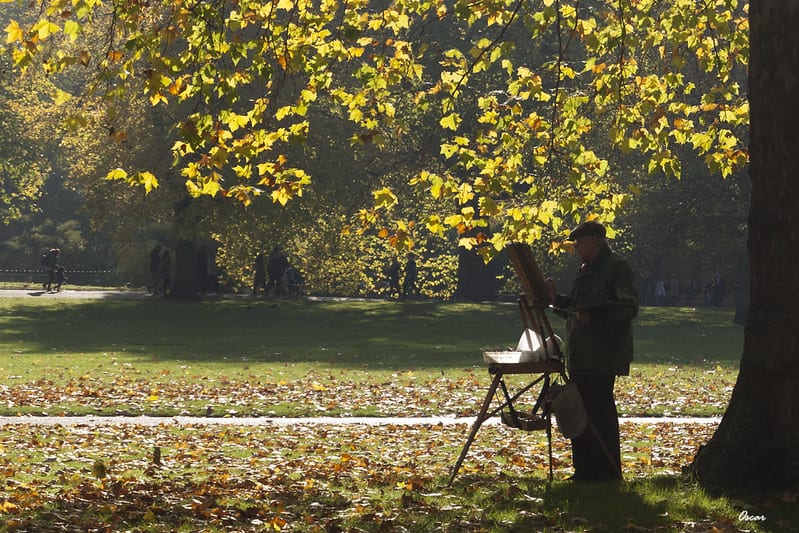
Students can arrange visits outside, either in person or virtually, and do some gardening, nature journaling, or painting of flowers, birds, and wildlife, for an artistic twist. (If the student or adult can’t go outside, try painting what’s in view outside a window). Students can also ask them what the town was like many years ago, sharing memories and photos. Were these buildings always here? How has the town changed? What’s their favorite memory of this place? By engaging with older generations, this service-learning activity addresses older adult isolation while promoting the common good and a deeper connection between students and their community.
2. Organize a Supplies Drive or Fundraiser for Refugee Communities*
Indirect Service-Learning Project
Engage history or geography students with the myriad of challenges faced by people fleeing their homelands by supporting a local refugee community or an organization helping refugees abroad. After arriving in the U.S., local organizations, called “resettlement agencies,” help refugees prepare for their new life in the U.S., including securing an apartment and providing basics supplies. Since refugees have monetary assistance for a limited number of days, they must quickly find employment and resources to begin their new life. The road can be difficult, as learning a new language and navigating a new culture presents unique challenges, especially when job losses from recessions, as we see with COVID-19 pandemic, compound this journey.
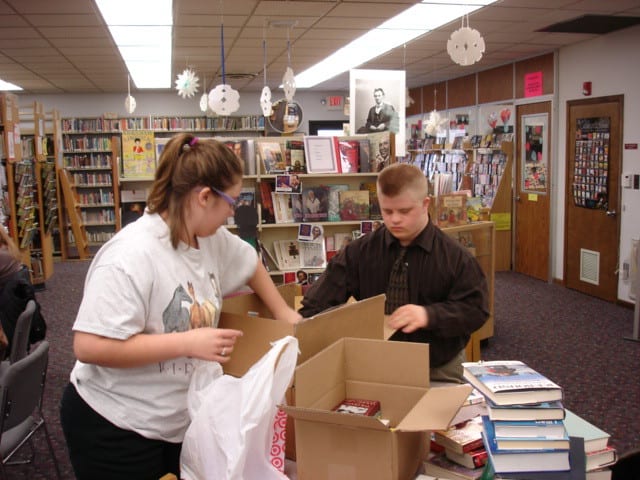
Students can help support refugees by partnering with a local resettlement agency to create a supplies drive or fundraiser, similar to this backpack drive sponsored annually by The Alliance or the coat drive organized by this fourth grade class. Students can announce the event and the target goal through social media, phone calls, and flyers. This teaches students teamwork, project management, and communication skills, while helping develop their sense of global citizenship. By evaluating the role of both national and intergovernmental organizations in refugee policy, students will expand their knowledge of a variety of civic institutions while taking action for their local and global community.
3. Conduct an Environmental Audit in your School or Neighborhood
Research Service-Learning Project
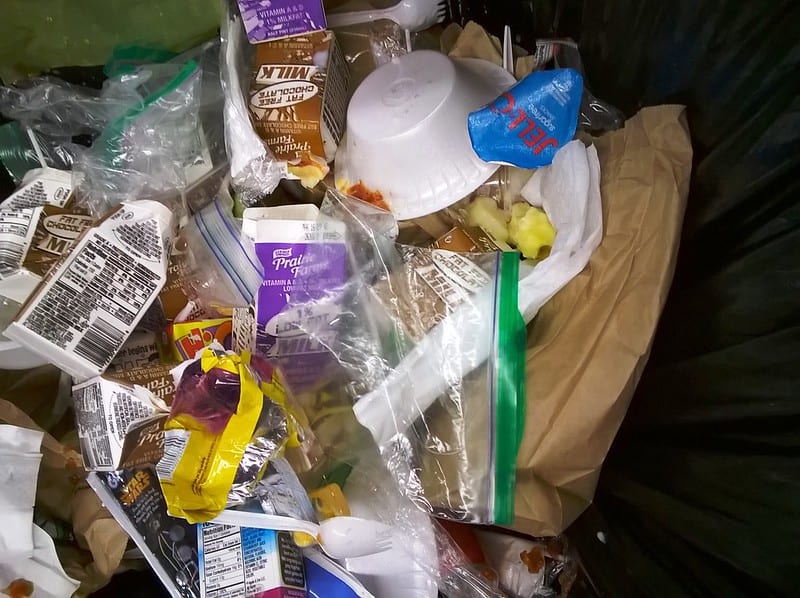
Empower students to green their school or neighborhood by conducting an audit of an important local environmental issue and sharing their findings with community leaders. Students could calculate the amount of green space in a neighborhood or school, or measure how much food is wasted in the school cafeteria over the course of several weeks. Students then partner with a local community organization focused on their issue, such as a tree-planting or zero waste-focused organization, to investigate how others are strategizing solutions on the issue. After gathering the data, students can present their findings in many ways: by creating a factsheet, brochure, toolkit, or podcast, or presenting their findings in front to the school board, local city council, or other neighborhood advocacy group. Students will learn skills such as data-gathering and presentation as well as how local regulations and proposed solutions impact their issue.
4. Create and Share a Proposal to Help Combat COVID-19 in Your City*
Advocacy Service-Learning Project
Learning how to analyze policy impacts and lobby government officials is an important part of civic engagement. Generation Citizen has a free distance learning lesson and service-learning project, “Countering COVID-19” which teaches students these important civic skills.
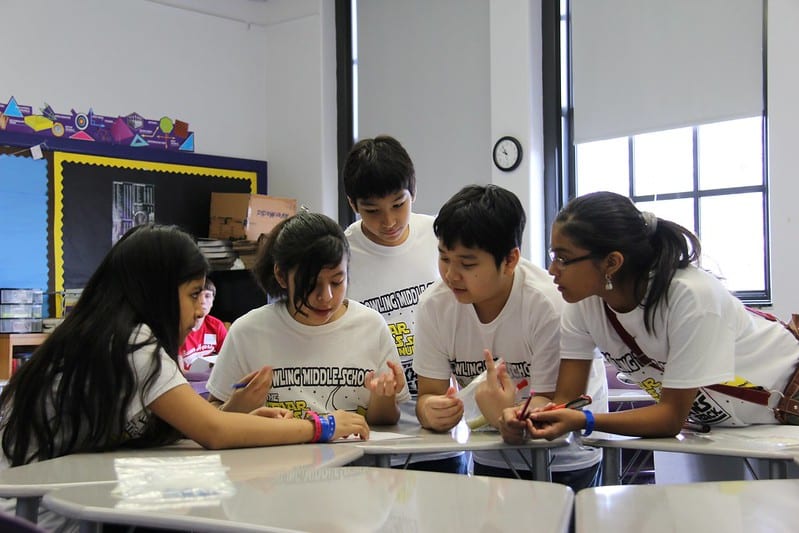
Students research and compare different local government responses to combatting the spread of COVID-19, design a policy proposal, and finish with contacting local officials with their “policy ask” based on their findings. Students will interview constituents, learn how to analyze and compare effective policies in different towns, and discover ways to effectively advocate for a cause to their elected officials and the community at large. Added bonus? This advocacy project aligns well with the AP U.S. Government and Politics Project Guide.
More Service-Learning Resources
- Edutopia’s guide for planning a service-learning unit: https://www.edutopia.org/blog/what-heck-service-learning-heather-wolpert-gawron
- Upcoming webinars on sample service-learning projects from the National Youth Leadership Council: https://www.nylc.org/events/event_list.asp
- The College Board’s guide on Enhancing AP Coursework through Service-Learning (Includes scholarship opportunities for students): https://apcentral.collegeboard.org/courses/collaborations-with-ap/ap-we-service
- Population Education’s Youth Activism Toolkit has ideas and resources for a variety of activism projects: https://www.worldof7billion.org/toolkit/practice-what-you-preach/
- A Practical Guide for Integrating Responsibility into the Curriculum from Community College Press: https://files.eric.ed.gov/fulltext/ED509538.pdf
- Youth.Gov best practices for service-learning: https://youth.gov/youth-topics/civic-engagement-and-volunteering/service-learning
- Maryland public schools’ Service-Learning Toolbox: http://marylandpublicschools.org/programs/Documents/Service-Learning/toolbox_part2.pdf
- Youth Service America: http://www.ysa.org/
Image credits: Man painting (El Artista by Oscar F. Hevia is licensed under under CC BY-NC-ND 2.0); Students packing books (High school volunteers help out by the NJLA: New Jersey Library Association is licensed under CC BY-NC-ND 2.0); Food waste (waste 2016 mar 7 cafeteria-elementary school by G Witteveen is licensed under CC BY-NC 2.0; Students working together in classroom (2013-01-26 Education Rainbow Challenge 238 by dynamojon is licensed under CC BY-SA 2.0)




